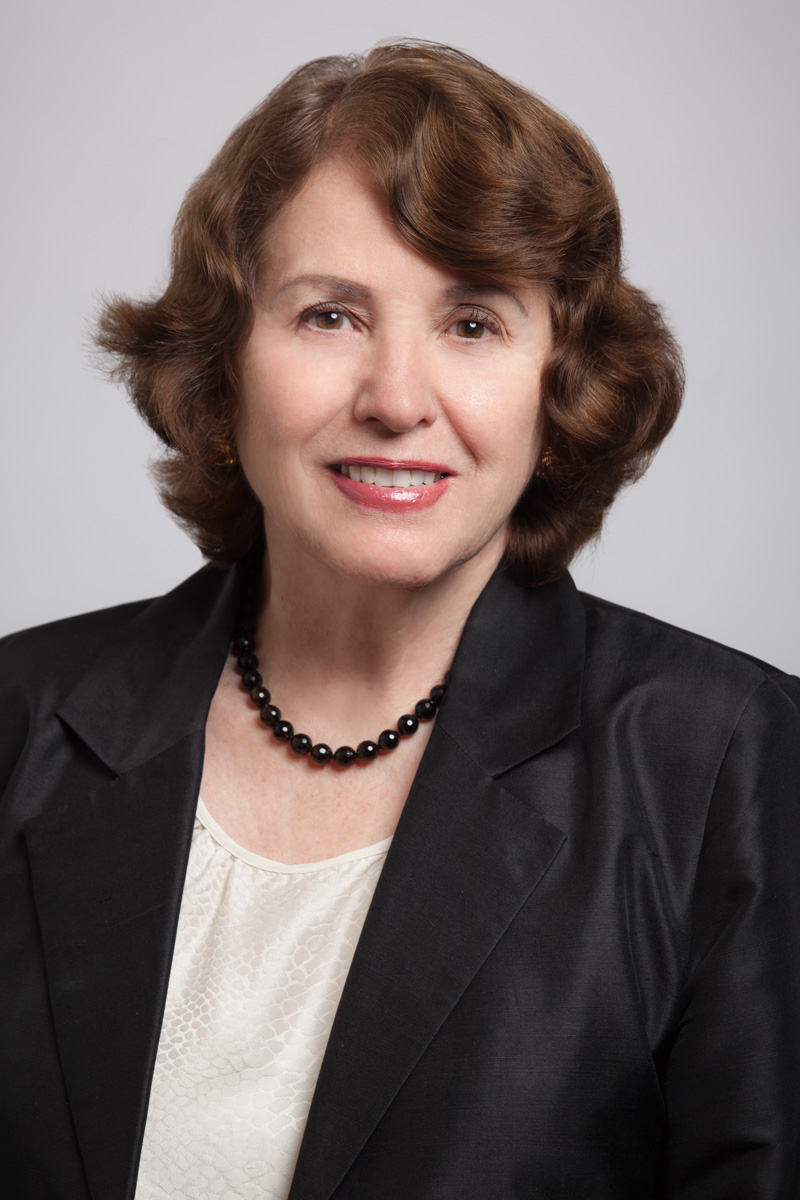
Nelly P. Stromquist (Ph.D., Stanford University) is H.W. R. Benjamin Professor of International Education at the College of Education, University of Maryland, USA.
She explores the education world from a critical sociological and political perspective. Her research covers a wide range of issues: gender and education, globalization and higher education, popular and non-formal education, and public policies.
She is author of several books and numerous articles on women’s literacy and non-governmental organizations, globalization’s impact on education, and the professoriate.
Nelly is former president of the Comparative and International Education Society (CIES). Her honors include the Kerstin Hesselgren visiting professorship by the Swedish Research Council, serving as a Fulbright New Century Scholar, and being appointed CIES honorary fellow in 2017.
Her publications include:
-- Stromquist, N., Klees, S.J. & Lin, J. (eds.) (2017). Women teachers in Africa: Challenges and possibilities. London and New York: Routledge.
-- Stromquist, N. (2017). Testing and the promise of academic progress. Revista de la Asociación de Sociología de la Educación, 10(2): 115-127.
-- Stromquist, N. (2017). In search of the good life: Promises and challenges of Buen Vivir for knowledge, education, and Gender. In R. Aman and T. Ireland (eds.), Education alternatives in Latin America: New modes of counter hegemonic learning. Basingstoke, UK: Palgrave Macmillan.
-- Stromquist, N. P. and Lozano, G. (2017). Scratching the surface: The hidden functions and contributions of popular universities. In J. Holford, P. Jarvis, M. Milana, R. Waller, and S. Webb (eds.), Handbook of adult and lifelong education and learning. Basingstoke, UK: Palgrave McMillan.
-- Stromquist, N. (2016). Using regression analysis to predict countries’ economic growth: Illusion and fact in education policy. Real-World Economics Review, no. 76.
-- O’Meara, K. & Stromquist, N.P. (2015). Faculty peer networks: Role and relevance in advancing agency and gender equity. Gender and Education, 27(3): 338-358.
-- Stromquist, N. (2015). Gender structure and women’s agency: Toward greater theoretical understanding of education for transformation. International Journal of Lifelong Education, 34(1): 59-75.
-- Stromquist, N. (2015). Women’s empowerment and education: Linking knowledge to transformative action. European Journal of Education, 60(3): 307-324.
-- Stromquist, N. & K. Monkman (eds.) (2014). Globalization and culture: Integration and contestation among countries. New York: Rowman & Littlefield.
-- Stromquist, N. (2007). Feminist organizations and social transformation in Latin America. London and New York: Routledge.
-- Stromquist, N. (ed.) (2007). The professoriate in the age of globalization. Rotterdam: Sense.
-- Stromquist, N. (2002). Education in a globalized world: The connectivity of economic power, technology, and knowledge. New York: Rowman & Littlefield.
-- Stromquist, N. (1997). Literacy for citizenship: Gender and grassroots dynamics in Brazil. New York: SUNY.
Professoriate Identity in the Dispossessed University: Persistence and Resistance
The explosive combination of globalization and neoliberalism has changed universities forever. Some changes are positive inasmuch as there is now greater student access to all forms of tertiary education, ICTs are ubiquitous and significantly ease the development of new understandings, and universities have become essential sites for research and development. Other changes have been negative; among them is the downplaying of teaching as a core function, the constant search for revenues to meet operational needs, the growing differentiation and hierarchies among and within tertiary education institutions, and the enormous increase of casualized (or contingent) faculty.
Throughout the world, it is clear that permanent faculty are becoming a minority. This situation has not been sufficiently problematized despite its importance as a key factor affecting both institutional and professorial identity. Principles of shared governance become perfunctory when administrators—those with greater knowledge of the institution and greater responsibility for its everyday conduct—gradually gain greater decision-making roles in substantial functions and strategies shaping its future. Academic freedom by the tenured and tenure-track minority is often constrained by policies that put a premium on research productivity and entrepreneurship, as opposed to reflection and social critique.
Among casualized faculty, precarity prevails. Against the myth of contingents as older professionals taking time from their “day jobs” to share their expertise, large segments of the contingent faculty today in fact depend on university employment for their livelihood and live in the hope of one day securing full time and permanent jobs. Often, contingent faculty do not—or are not allowed to—participate in institutional decision-making, even in matters pertaining to that which they do most—teaching.
In this scenario, there is a pressing need for all of us to examine our identities as members of the professoriate. So far, the permanent faculty clings (by default) to perceptions of a reality that is no longer in place. Paradoxically, although university professors have traditionally invoked the principles of democracy and social justice in their work, many of us remain insensitive to the plight of the “new majority” in our departments. The permanent faculty has so far failed to express solidarity with our suffering colleagues in contingent employment, and usually endorse the discourse of economic crisis and expediency when hiring faculty in short-term, fixed-contracts. Not surprisingly, contingent faculty have begun moving into new ways of collective action to protect their interests. What does it mean to be a member of the professoriate today? What identities are we claiming, if any? What would it take to be proactive in shaping a new reality? This talk explores developments in research universities across the world, with a particular emphasis on the United States, a country that claims to have superior higher education systems, as validated by ranking systems.
